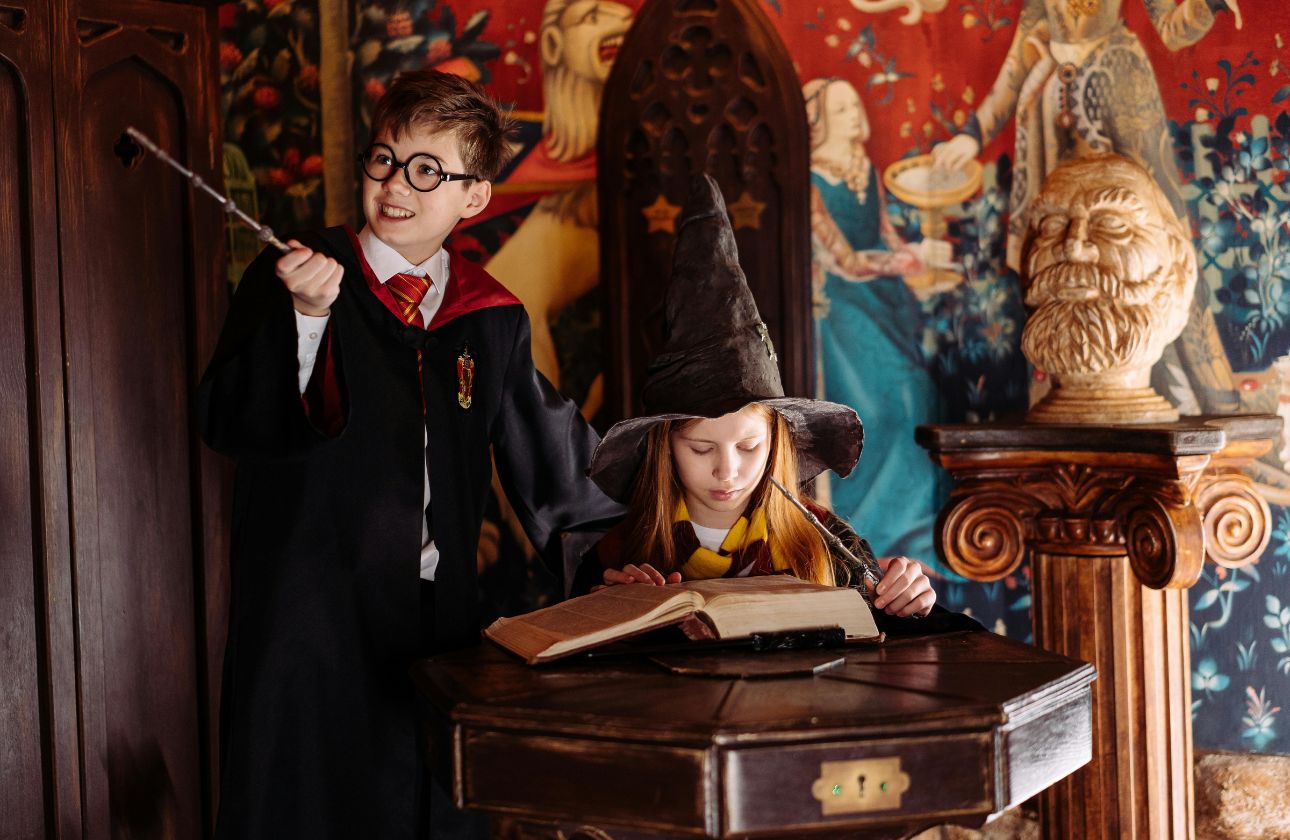Introduction to Fantasy Literature
Fantasy literature is a genre that invites readers to leave the constraints of reality behind and immerse themselves in worlds filled with magic, mythical creatures, and extraordinary adventures. From the earliest tales of folklore to modern epics, fantasy has captivated the imagination of readers of all ages. In this article, we explore not only the characteristics of fantasy literature but also some essential works that every fan should experience.
Characteristics of Fantasy Literature
One of the defining features of fantasy literature is its use of fantastical elements, which often include:
- Magic: Central to many fantasy narratives is the presence of magic, whether it's through spells, enchanted objects, or magical creatures.
- Imaginary Worlds: Fantasy often takes place in richly constructed worlds, each with its own rules, cultures, and histories.
- Mythical Creatures: Unicorns, dragons, elves, and fairies are just a few examples of the beings that populate fantasy realms.
- Heroic Quests: Many fantasy stories revolve around a hero's journey, complete with challenges, allies, and self-discovery.
Iconic Works of Fantasy Literature
Throughout history, many iconic works have defined and shaped the fantasy genre. Here are a few recommendations:
- The Lord of the Rings by J.R.R. Tolkien: This epic trilogy is a foundational work of modern fantasy, featuring a vast, intricately detailed world and a compelling battle between good and evil.
- Harry Potter Series by J.K. Rowling: This beloved series captures the essence of childhood wonder and the trials of growing up, all set in a magical school for wizards.
- The Chronicles of Narnia by C.S. Lewis: These timeless tales blend adventure with moral lessons, beginning with the iconic wardrobe that leads to the magical land of Narnia.
- A Song of Ice and Fire by George R.R. Martin: Known for its complex characters and political intrigue, this series has redefined contemporary fantasy.
Why We Love Fantasy
At its core, fantasy literature offers a way to escape reality and ponder deeper themes such as heroism, sacrifice, and the nature of good versus evil. The enchanting worlds and characters invite readers to contemplate their own lives and experiences, fostering a connection that transcends the text. Whether you're seeking adventure, romance, or profound insights, the realm of fantasy has something to offer for everyone.
In summary, fantasy literature serves as a portal to extraordinary realms of imagination. By exploring the works mentioned above and others, readers can experience the thrill of adventure and the beauty of storytelling. So pick up a fantasy novel today, and let the magic of words transport you to places beyond your wildest dreams.




Comments (0)